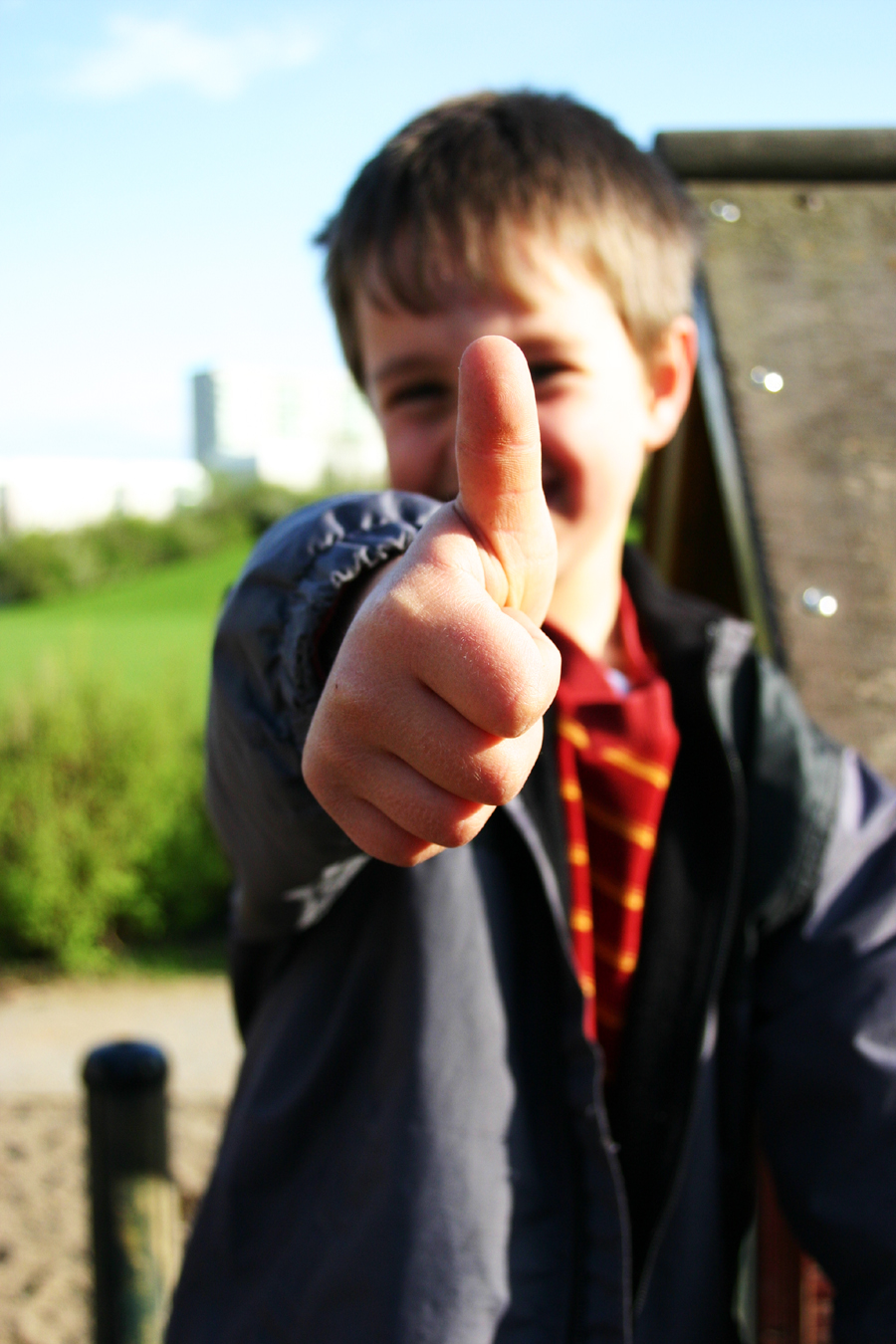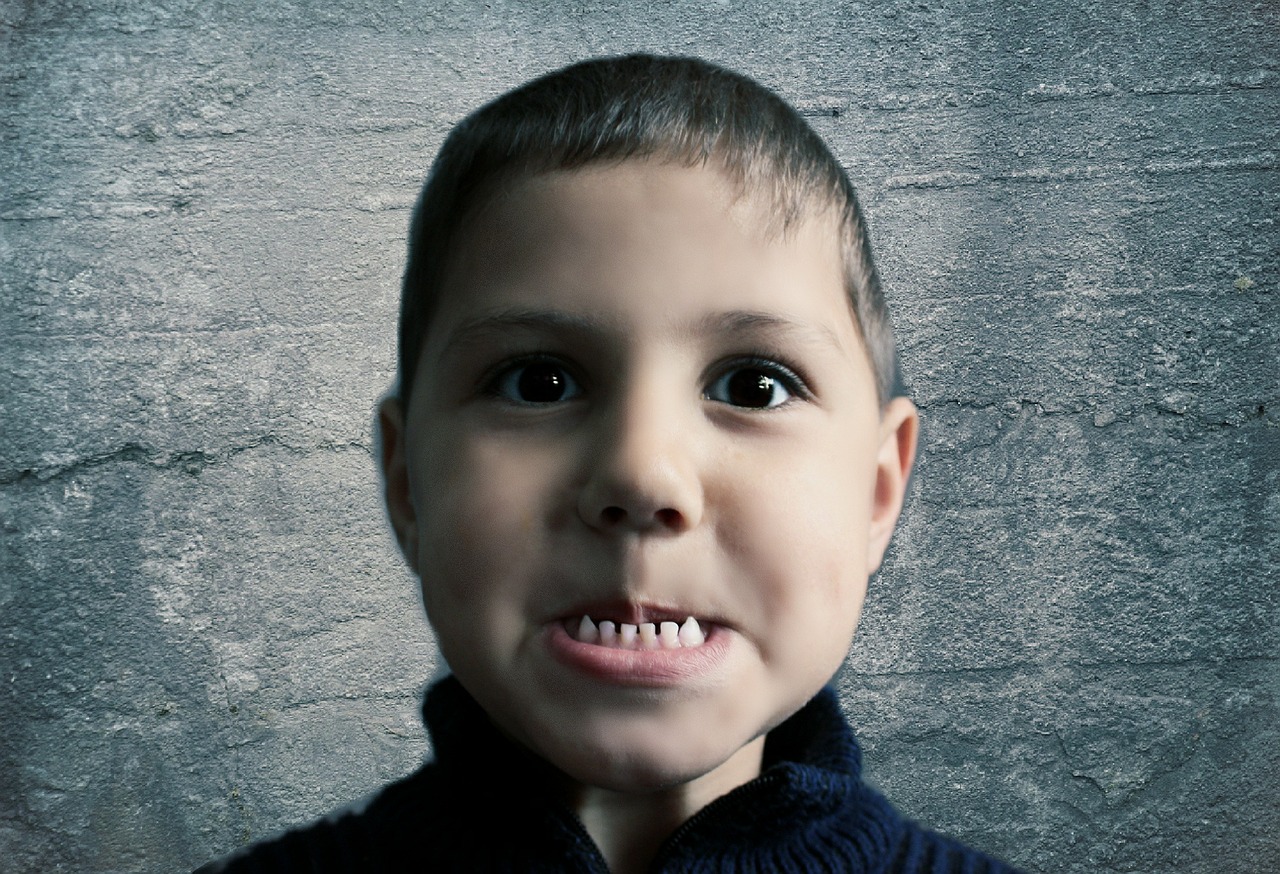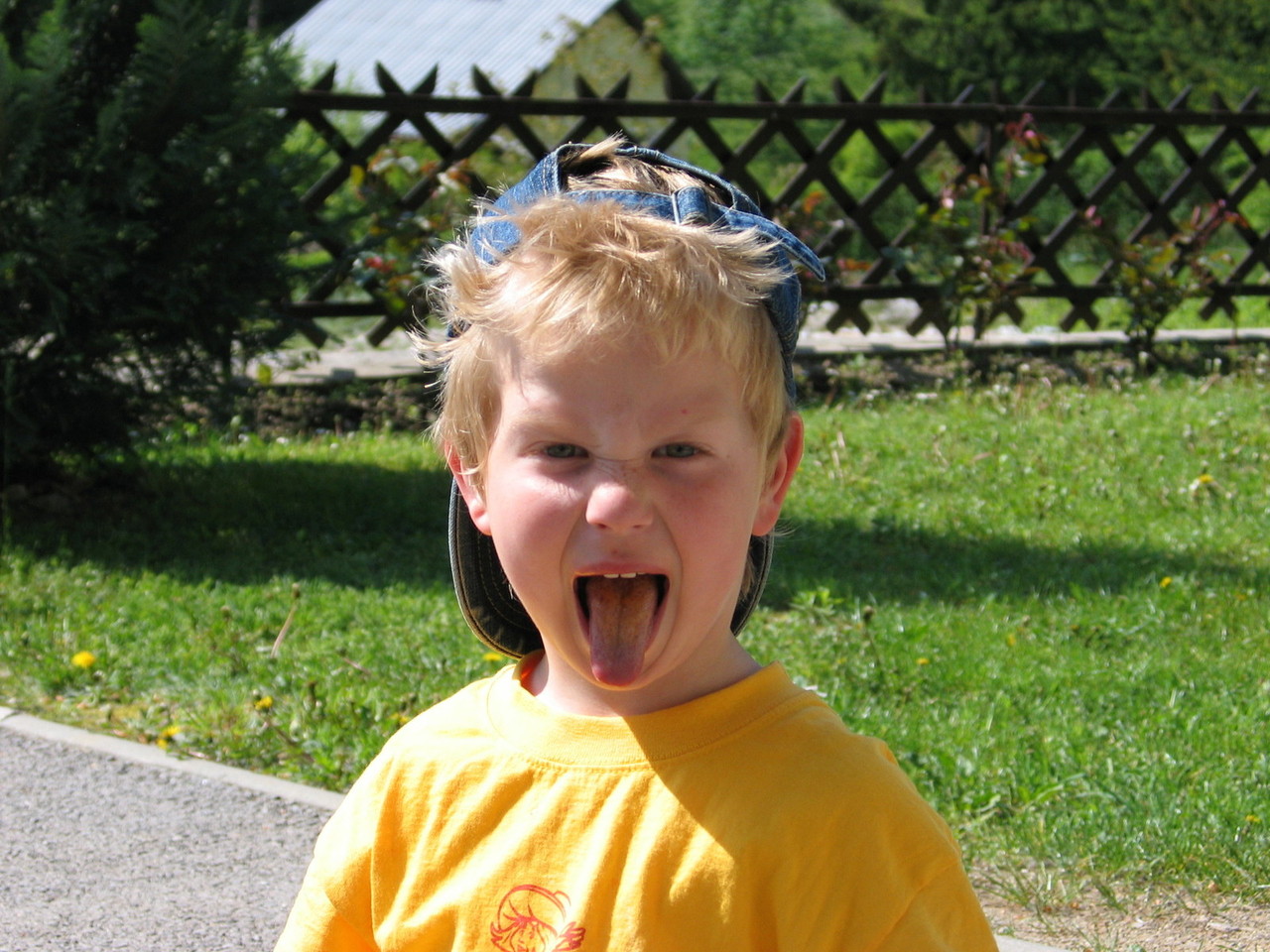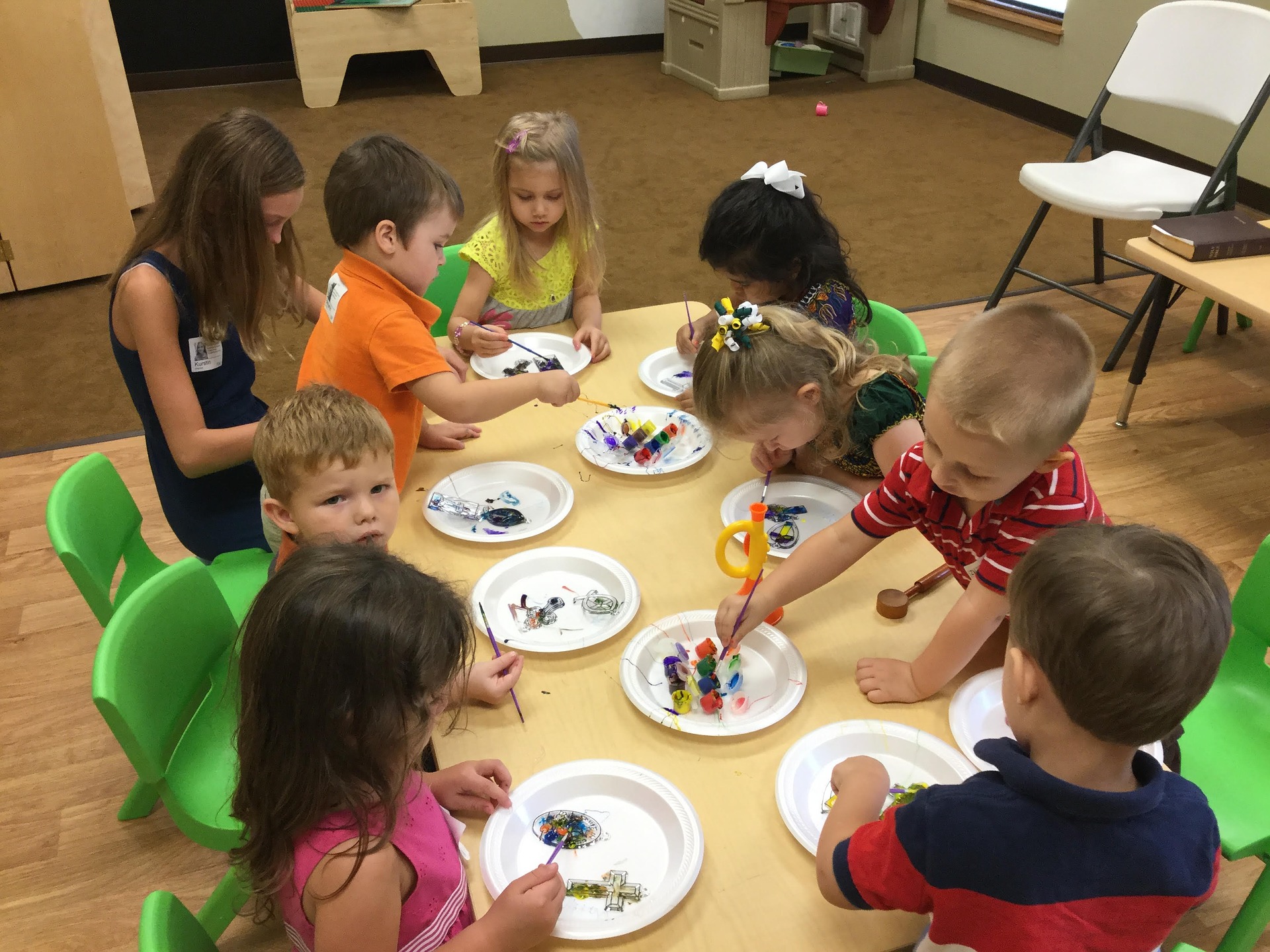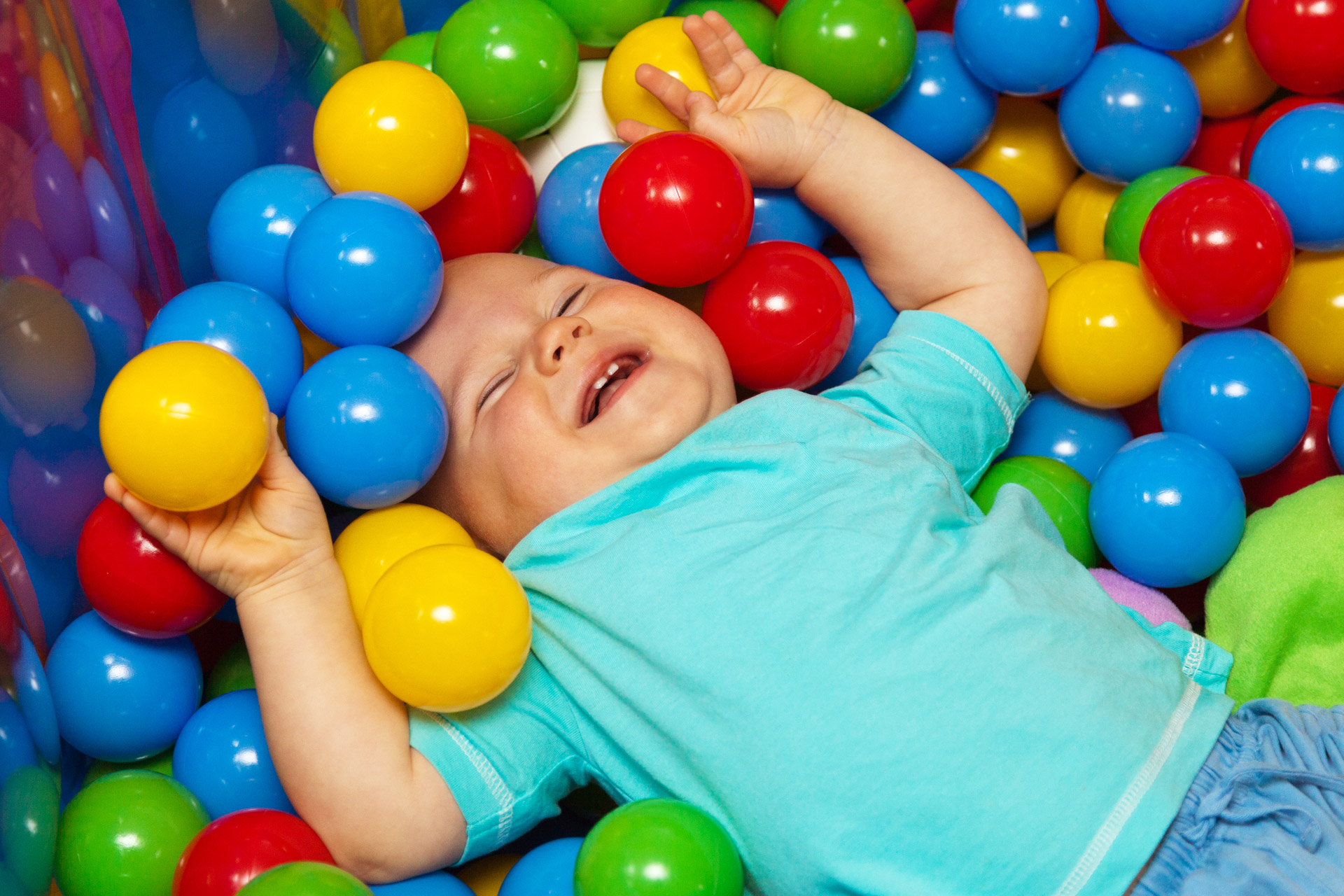5 Ways to Teach Your Children Civility and Why It Matters Now
Teaching civility means helping your children recognize the humanity of others and put the common good above their self-interests. Everywhere you look these days, it seems we're living in a time of uncivil war: Presidential candidates hurl personal insults and spurious accusations at each other. The emotional disconnect of online anonymity enables vicious cruelty in tweets, comments, and posts. People with differing viewpoints resort to disrespectful language and ridicule in their "arguments." It's gotten so bad I can hardly stand to turn on my television or my computer! While I fear it may be too late to change the behavior of the so-called adults in these scenarios, one thing gives me hope: the youngest generation. Children aren't born wanting to mock or hurt others; in fact, I believe they're hard-wired for empathy. That's why it's critical to start early in modeling and teaching our children the tenets of civility: having respect for others, showing empathy, using restraint, and treating other human beings with decency. Civility means recognizing the humanity of others and putting the common good above self-interest. These are the values that are crucial to forming positive relationships in our own lives and to creating a productive society and a generation of civil children who will become civil adults. Learning civility also has personal benefits for children: They develop positive self-esteem, enjoy lower stress levels, and have stronger social skills that help them form healthy relationships with others. Needless to say, it's also great for character development! Teaching civility doesn't have to involve preachy lectures or onerous rules. The great thing about kids is that they're sponges—they absorb everything we say and do! So the best move that you as a parent can make is to model the behavior you want to see your child adopt. Here are a few helpful tips for teaching and modeling the civility that will help your children make the world a better place (but no pressure!):
1. Look out By this I mean, look outside yourself, and encourage your children to do the same. Encourage them to notice other kids who may be alone on the playground or at school and who might enjoy some company. Help them observe and recognize signs of emotions in other people. For example, use a mirror to experiment with facial expressions and discuss the corresponding emotions, so they have a sense when others are feeling sad or fearful and can offer comfort. 2. Model tolerance and acceptance Children are naturally curious and observant of differences. But they'll also follow your lead: When you and your child see someone who is noticeably different from you (whether through disability or age or any other distinguishing feature), show your child by your easygoing response that these differences are meant to be accepted and understood. If your child has questions, answer them in a matter-of-fact manner, without staring or pointing. 3. Teach manners Sometimes it really is the little things that count the most. Children who learn to say "Please" and "Thank you" and "May I" create a civil environment that generates a positive response in everyone around them. (Who doesn't love a 3-year-old who says, "May I have some water please, Dad?") 4. Serve the community Get your children involved in community service at an early age. Kids love being given a small task to do that they can easily manage—it gives them a great sense of accomplishment and pride—and all the more so when they know it's helping other people or making their community better. Children can put sandwiches inside lunch bags for distribution at a local soup kitchen. They can gather toys or clothes they no longer use for donation to a shelter. They can (while wearing gloves!) help pick up trash during a beach clean-up or a civic pride event. There are many ways to participate in the life of your community, and your child will grow up understanding that this is just what good citizens do. 5. Walk the talk Try to set a positive example in all that you say and do. No one's a saint, and no one is perfect, but making the effort shows that you believe it's important and worthwhile—and your child will learn that, too. As hard as it sometimes is to believe, we will survive these uncivil times. And I feel truly hopeful that with the right foundation at home, today's children can create a more tolerant and generous world in the future. I'd even turn on my television to see that! Retrieved From: http://goo.gl/6KrgsZ
|
|





